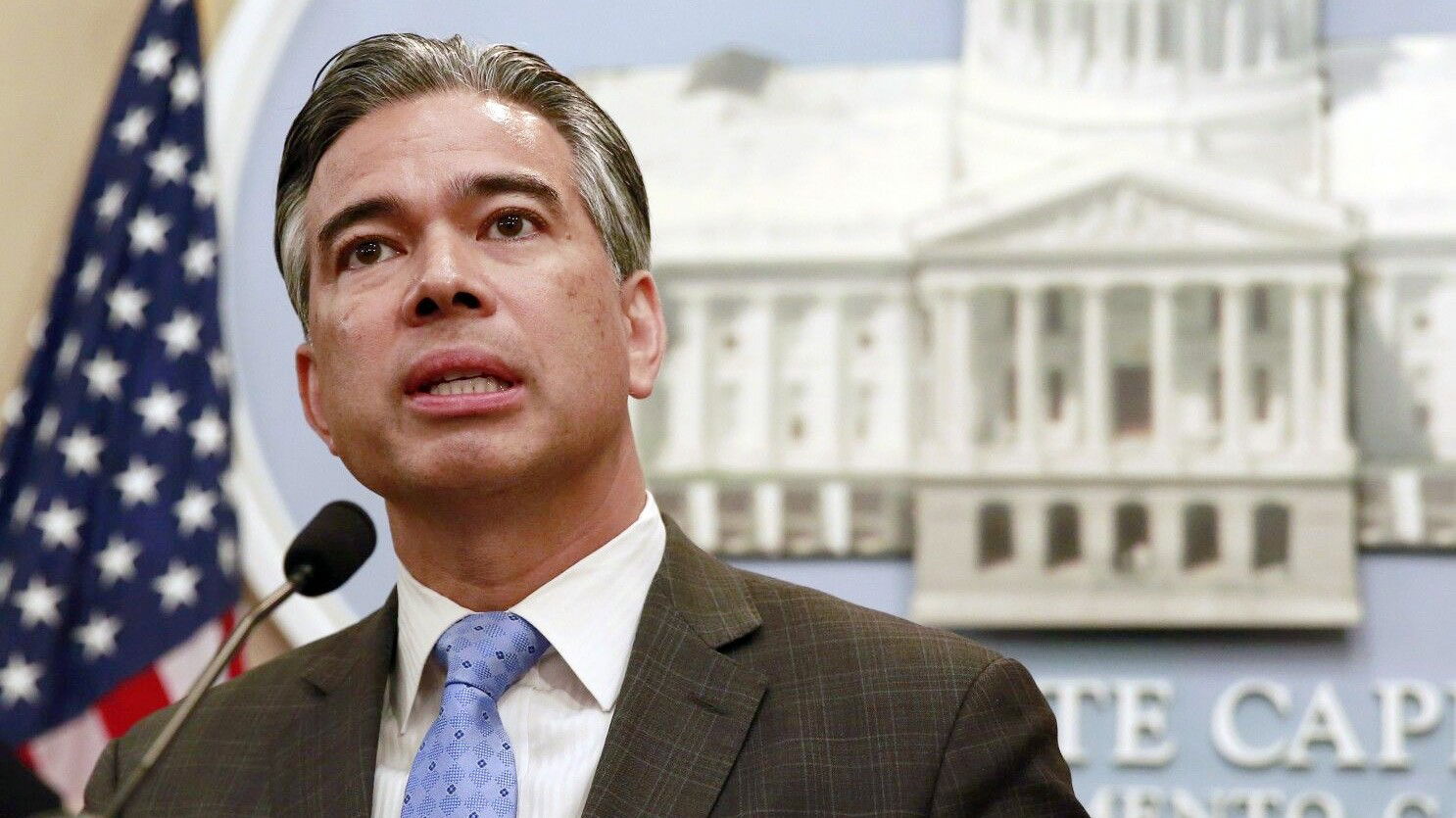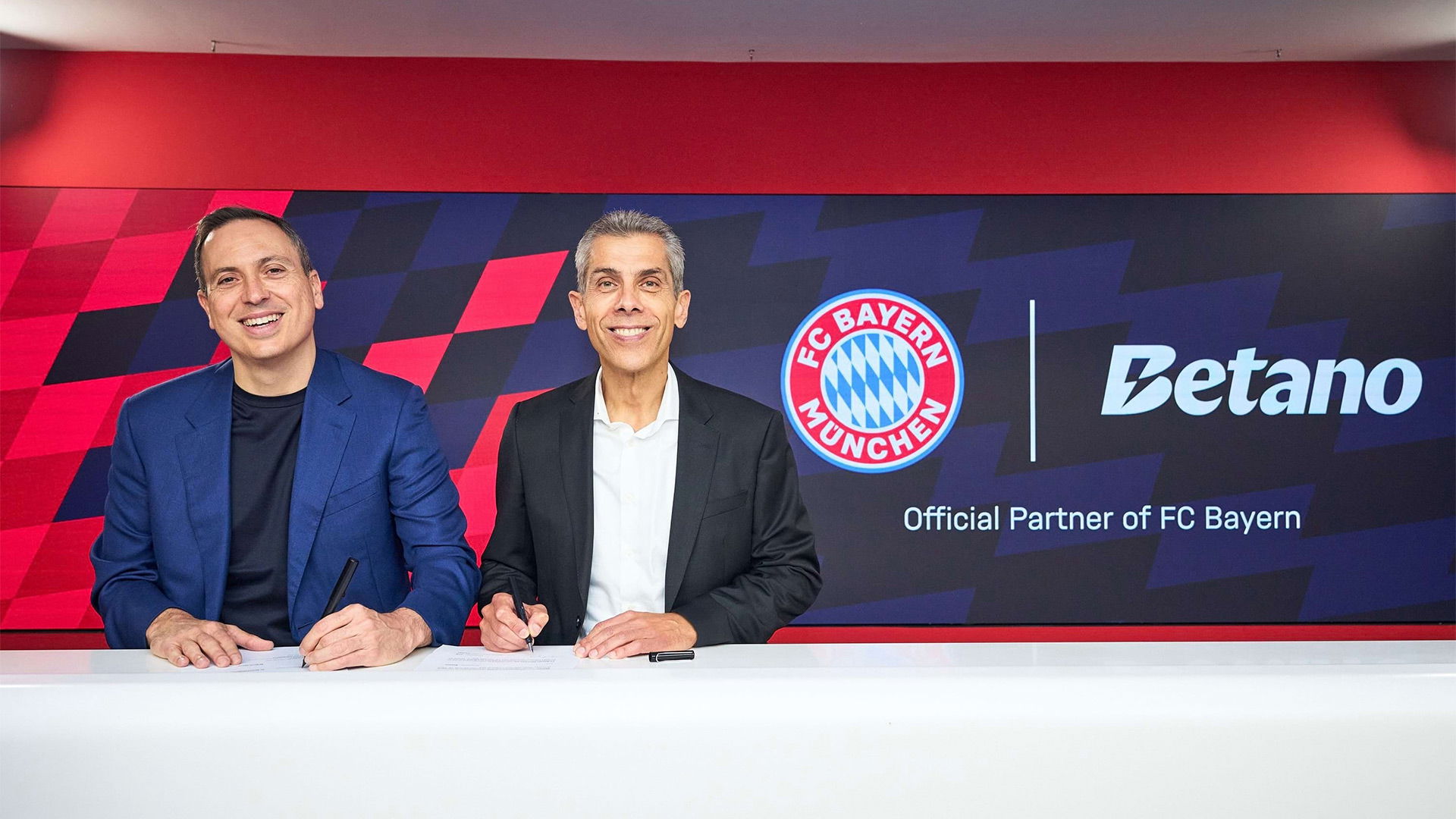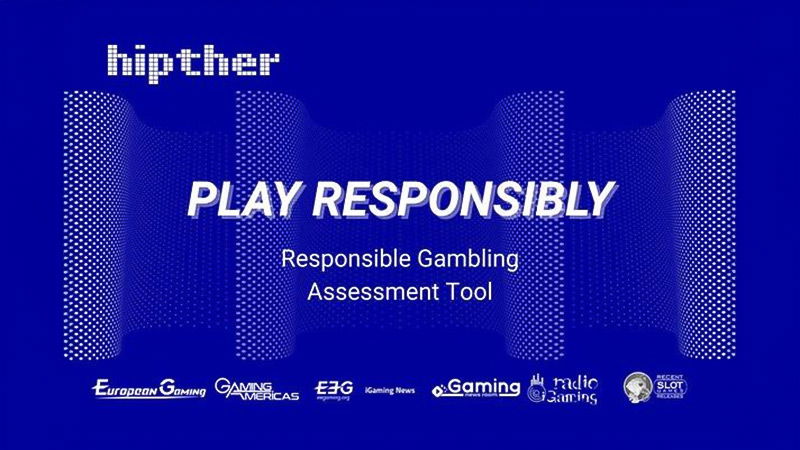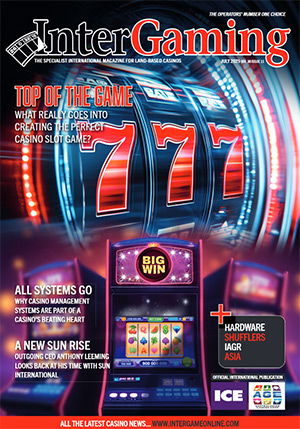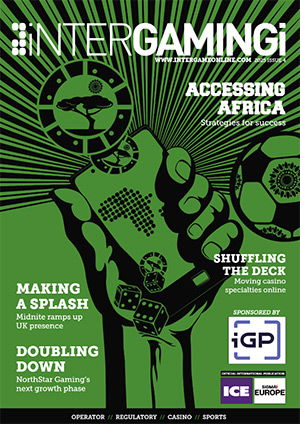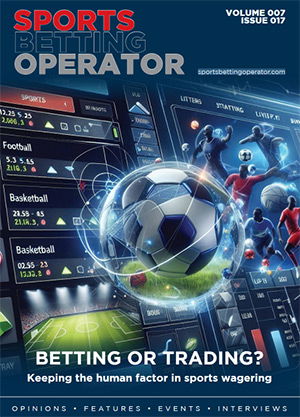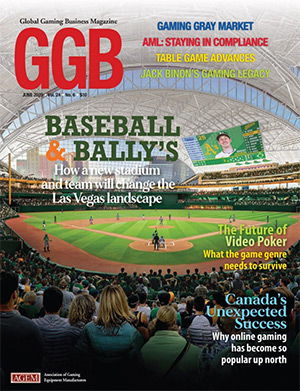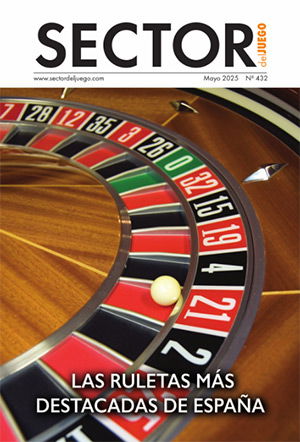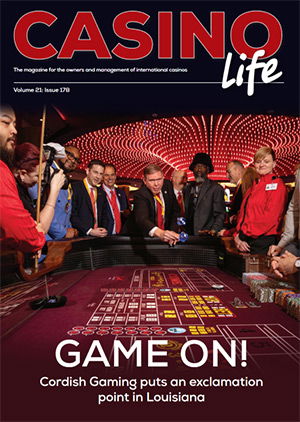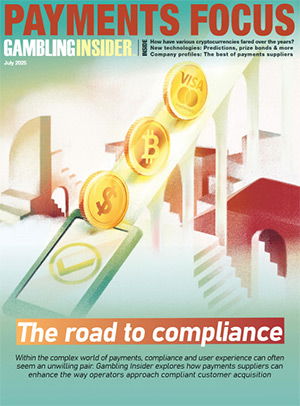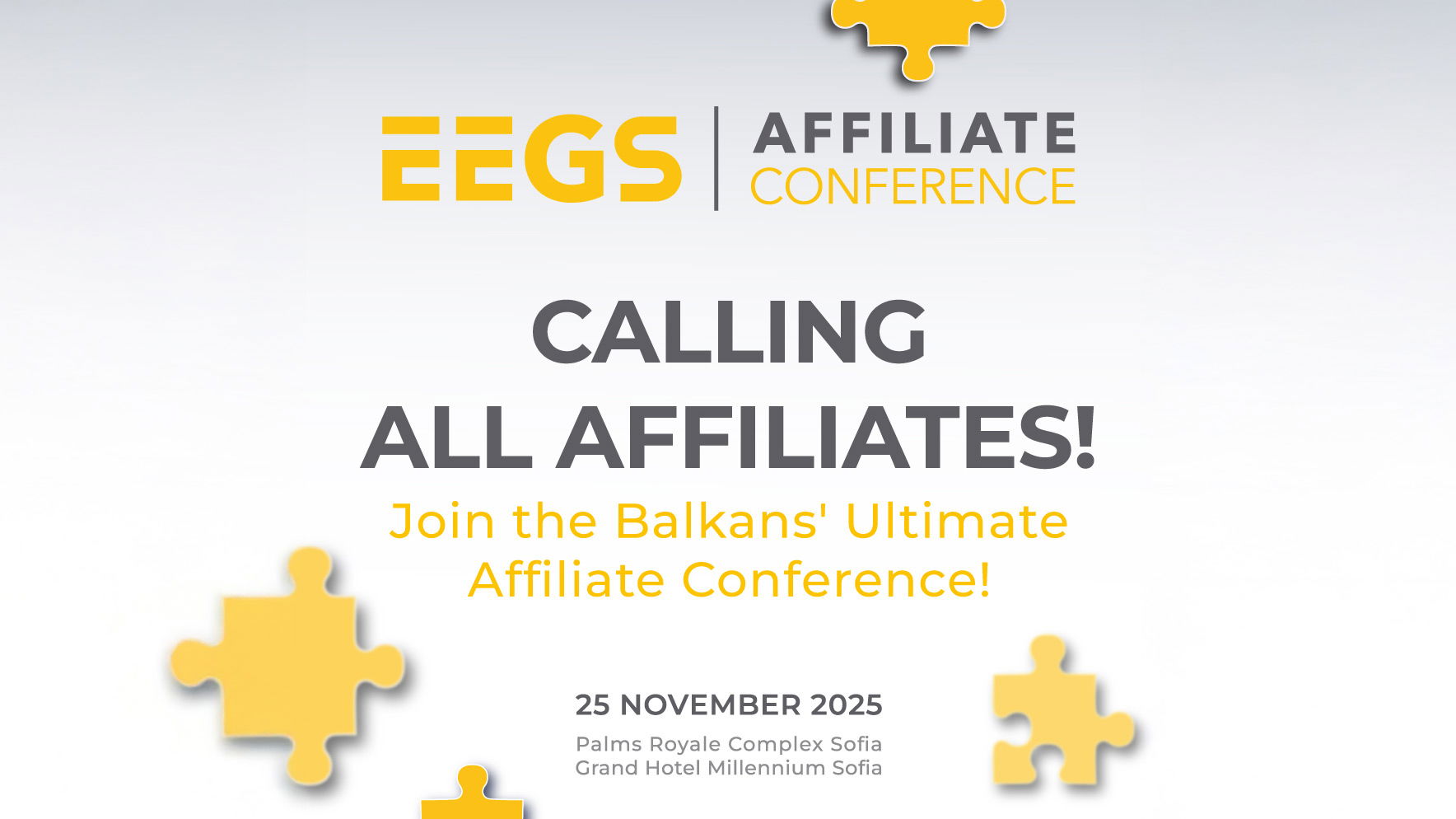Apple, Meta, and Google deny acting as "bookies" in casino app liability appeal
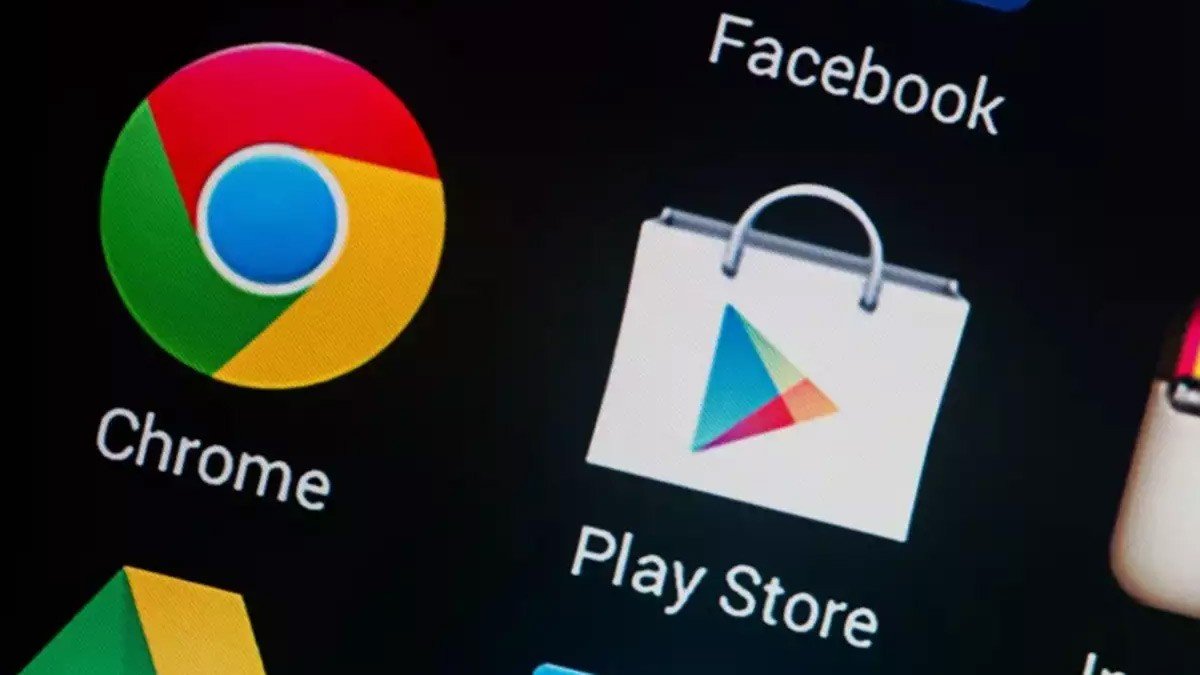
Apple, Meta, and Google have challenged a 2022 ruling from U.S. District Judge Edward Davila of San Jose, California, warning the 9th U.S. Circuit Court of Appeals that the entire internet economy could be at risk if online platforms can be held liable for processing users' purchases of virtual chips used in casino game apps.
The ruling in question concerns Section 230 of the Communications Decency Act, which grants online publishers immunity from liability for third-party content. Judge Davila's ruling suggested that this immunity does not protect the platforms from claims that they acted as "bookies" by facilitating the purchase of virtual chips for use in online casino games.
The casino app cases have resulted in cross-appeals. Apple, Meta (formerly known as Facebook), and Google are appealing the decision that they can be held liable for processing virtual chip payments, while the plaintiffs' lawyers from law firm Edelson have filed cross-appeals over their dismissed claims.
The platforms argue that Judge Davila misinterpreted a key precedent set by the 9th Circuit in HomeAway.com Inc v. City of Santa Monica. They fear that if his decision is not overturned, the consequences could be far-reaching.
The platforms assert that websites offering in-app purchases, such as Spotify and Substack, could also be exposed to liability whenever a plaintiff claims injury from an unlawful product.
Apple's lawyers at Weil, Gotshal & Manges expressed concern about the theory presented by the casino app plaintiffs, stating that it is "limitless." Meta and Google echoed these sentiments, warning that "clever lawyers" could use Davila's reasoning to reframe claims that would otherwise be precluded under Section 230.
The platforms argue that they did not create the virtual chips sold by the casino apps nor the apps themselves. Instead, they provided payment processing services as a publisher, which should be protected under Section 230.
The platforms stress that the casino app cases are fundamentally different from the conduct at issue in the HomeAway case, where the 9th Circuit ruled that Section 230 did not pre-empt a local law barring websites from accepting booking fees for certain short-term housing rentals.
The appeals process is ongoing and expected to conclude in December 2023. The outcome will have significant implications for the internet economy and the interpretation of Section 230 protections for online platforms.



